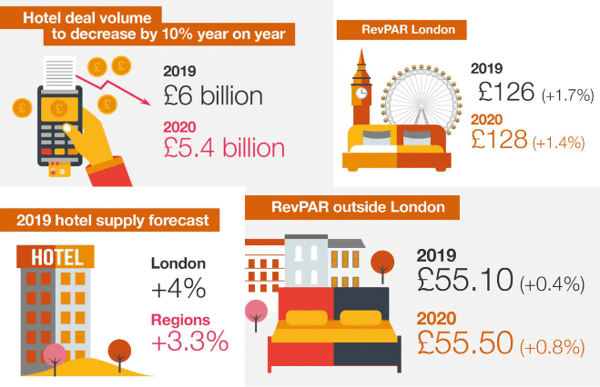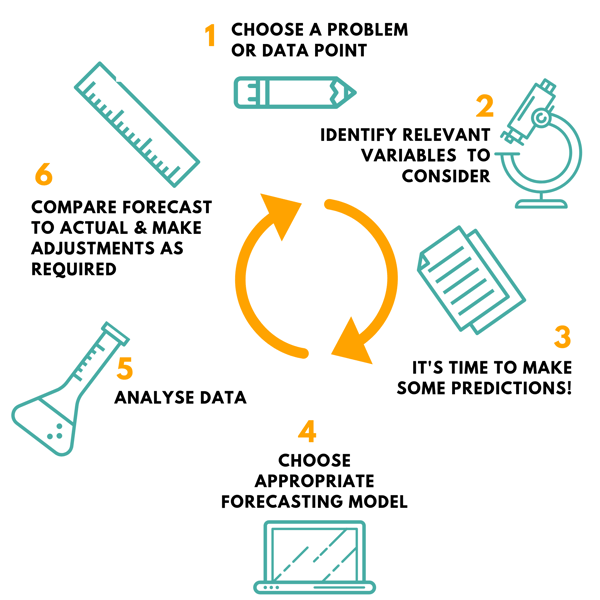
You've probably heard someone say it before particularly if you've been in the hospitality trade..."forecasting". But what is forecasting? And if you're the owner manager of a hospitality business, is forecasting vital to operations?
Let's start with the second question, YES! And we'll explain why it's so important. But first let's go through what forecasting in the hospitality trade is. That way you can get a grasp on how to use it effectively in your revenue and management strategy.
In it's simplest definition, forecasting is a tool to help owners anticipate future business performance based on a range of factors. It's commonly used in the hospitality trade to optimise potential future profits and cash flow.
It can be a complex undertaking which may discourage you from implementing the forecasting method. However, it's essential for the decision making process. That's particularly the case when it comes to hospitality businesses that often contend with high fixed costs and a perishable inventory.
Think about how you determine pricing, sales and marketing strategy. Are you using historical data and industry trends to make educated predictions to help design your business plan?
For some professionals in the hospitality industry forecasting might be a new concept, or perhaps one that they have stayed away from out of fear of making the wrong decision. How many of you run your business on instinct?
While this may work for the short term, it's important to use the data you have to make informed decisions that will affect your business now and in the future.
 Image source: hospitalitynet.org
Image source: hospitalitynet.org
In the example above from hospitalitynet.org, we see a series of predictions for 2019 and 2020 regarding room supply growth for hotels in the UK. In the full UK Hotels Forecast Update for 2019 and 2020, there is a clear reference to the use of both past data (quantitative method) and speculation from industry experts surrounding Brexit (qualitative method).
Another important thing to point out is that forecasts (particularly in the hospitality industry) are not static. Your predictions will more likely than not change based on several different factors. You can see evidence of this at the very top of the aforementioned article,
Some key performance indicators will be affected by the unpredictable nature of the hospitality sector. The goal of forecasting is to give businesses a better understanding of how they will perform in the future. This allows them to make educated projections on key metrics, plan for future uncertainties and leave adequate time to make adjustments if necessary.
You can find forecasting used in a number of different ways throughout accommodation, as well as, food and beverage focused businesses including :
There are two commonly used prediction methods when it comes to forecasting.
Short term predications that use market research and expert knowledge in order to compile results into a forecast, this is called the Qualitative Method.
For more long term forecasting the Quantitative Method is more widely used. This method includes making predictions based on historical data such as sales.

We said it earlier. Forecasting can be a bit intimidating because it's a bit of a guessing game. The wrong information can lead you to the wrong potential strategy. That can be a plan for disaster. That being said there are ways that you can ensure you get the most from your forecasting that will help ensure successful predictions.
Forecasting is a complicated process. If done incorrectly this could mean big issues for your business. It could cost you time and money. That's why it’s best to seek professional advice to help you produce forecasts that are likely to be realistic and accurate.
The content of this post is up to date and relevant as at 29/05/2019.
Please be aware that information provided by this blog is subject to regular legal and regulatory change. We recommend that you do not take any information held within our website or guides (eBooks) as a definitive guide to the law on the relevant matter being discussed. We suggest your course of action should be to seek legal or professional advice where necessary rather than relying on the content supplied by the author(s) of this blog.
Click below for office location details
leave a comment -